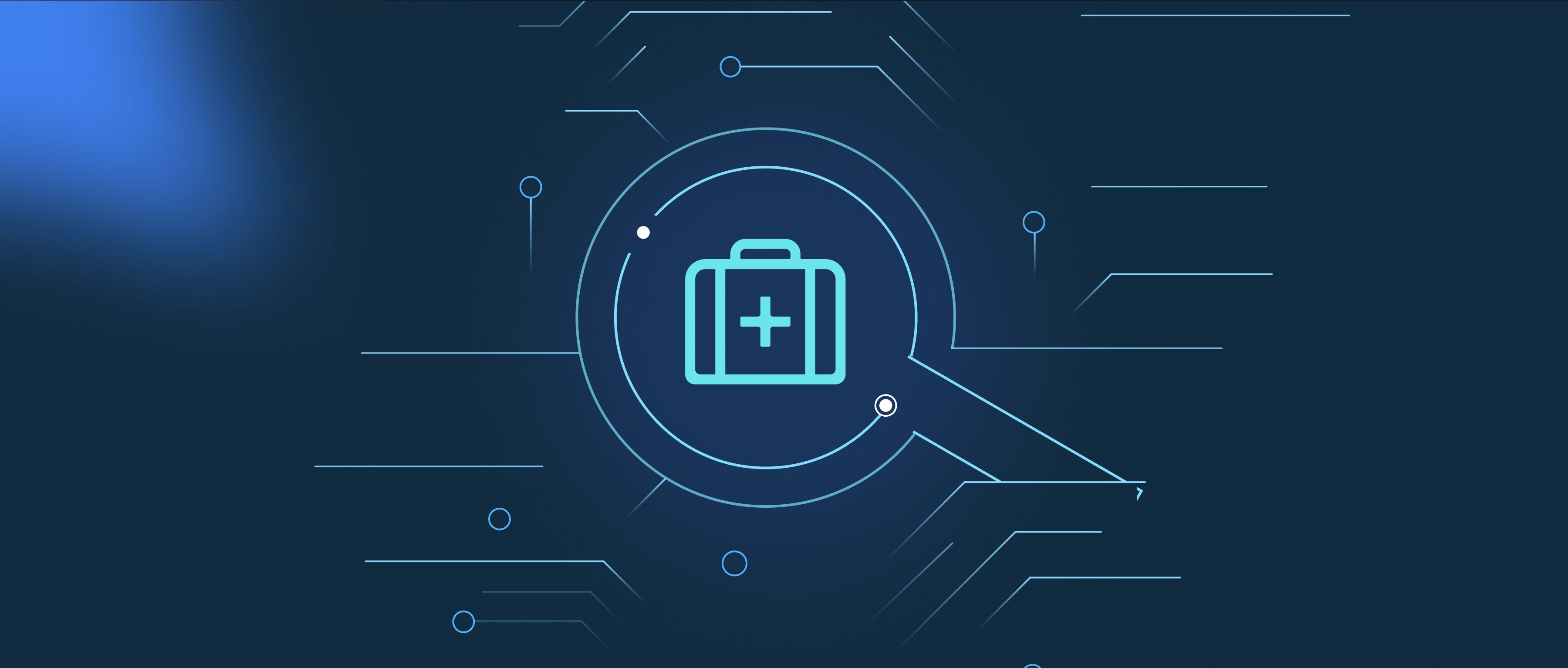Hybrid multi-agent systems are computational frameworks that combine different types of agents to work together and solve complex problems. These agents can be autonomous software entities, robotics, or even human participants that collaborate or compete to achieve specific goals. The term "hybrid" indicates that the system integrates various methodologies, such as reactive and deliberative strategies, allowing it to adapt to different scenarios more effectively. By leveraging multiple types of agents, these systems can harness both human-like reasoning and quick, automated responses, improving functionality and robustness.
One key characteristic of hybrid multi-agent systems is their ability to function in diverse environments. For example, in a smart manufacturing setting, you might have robotic agents performing tasks like assembly while human operators handle quality control. The robots can process information rapidly and follow predefined routines, while humans bring critical thinking and flexibility to the process. Such a setup allows the system to take advantage of the strengths of both types of agents, resulting in increased efficiency and productivity. This integration can also assist in dealing with unexpected situations, as human agents can intervene when things go off-script.
Another important aspect of hybrid multi-agent systems is their adaptability and scalability. These systems can easily evolve by adding new types of agents or modifying existing ones. For instance, in a rescue operation scenario, drones could be deployed alongside ground teams. Drones might gather aerial data and relay it to human rescuers while ground teams provide real-time assessment and communication with victims. This synergy not only enhances data collection and decision-making but also enables rapid responses to changing conditions on the ground. Overall, hybrid multi-agent systems offer a flexible, efficient, and dynamic approach to complex problem-solving across various domains.
